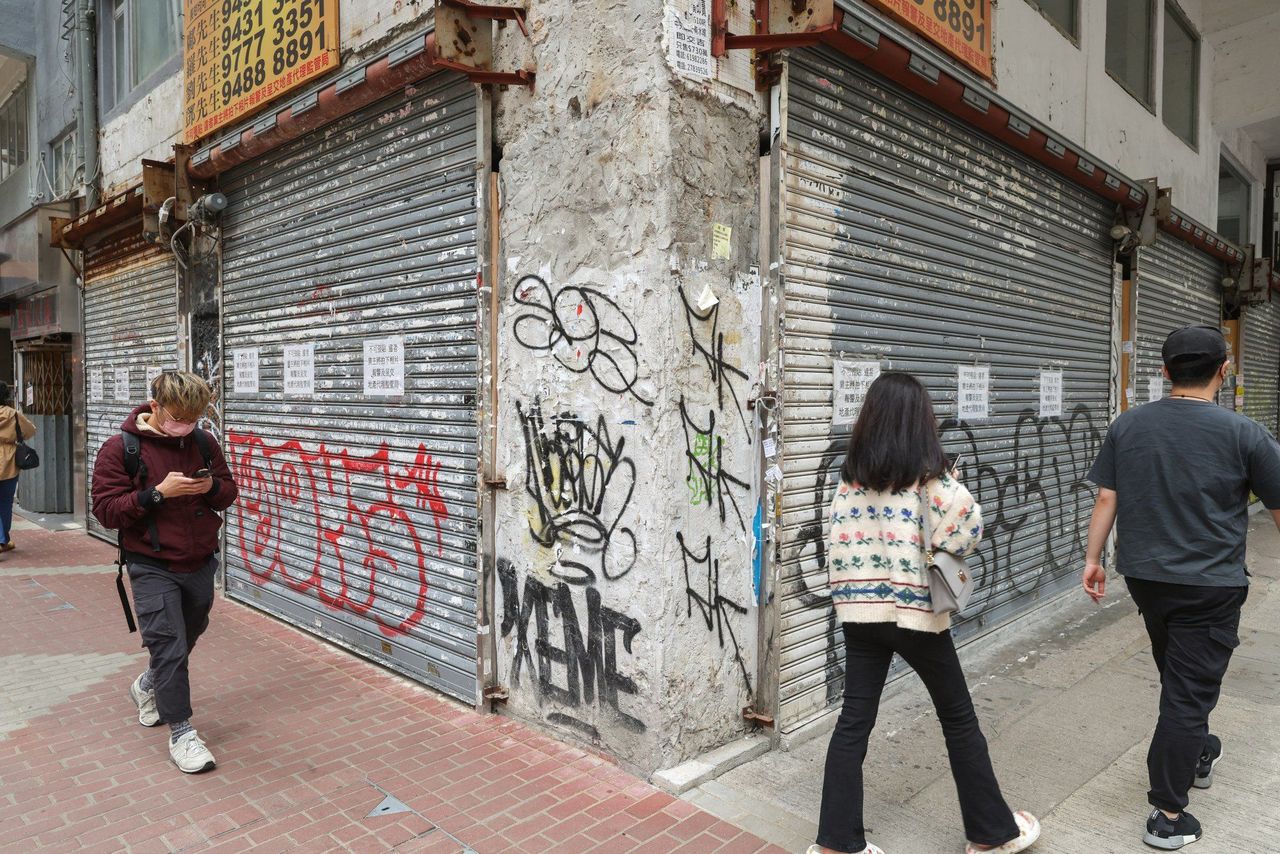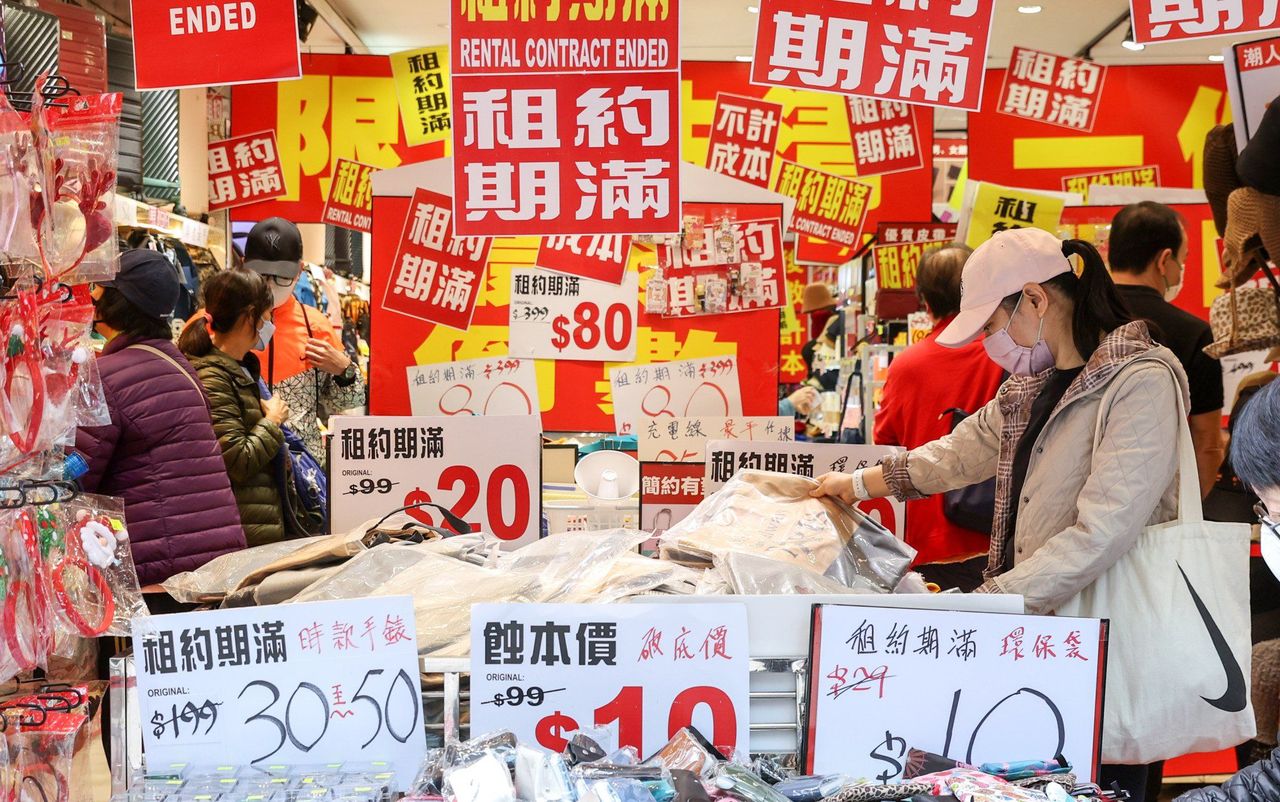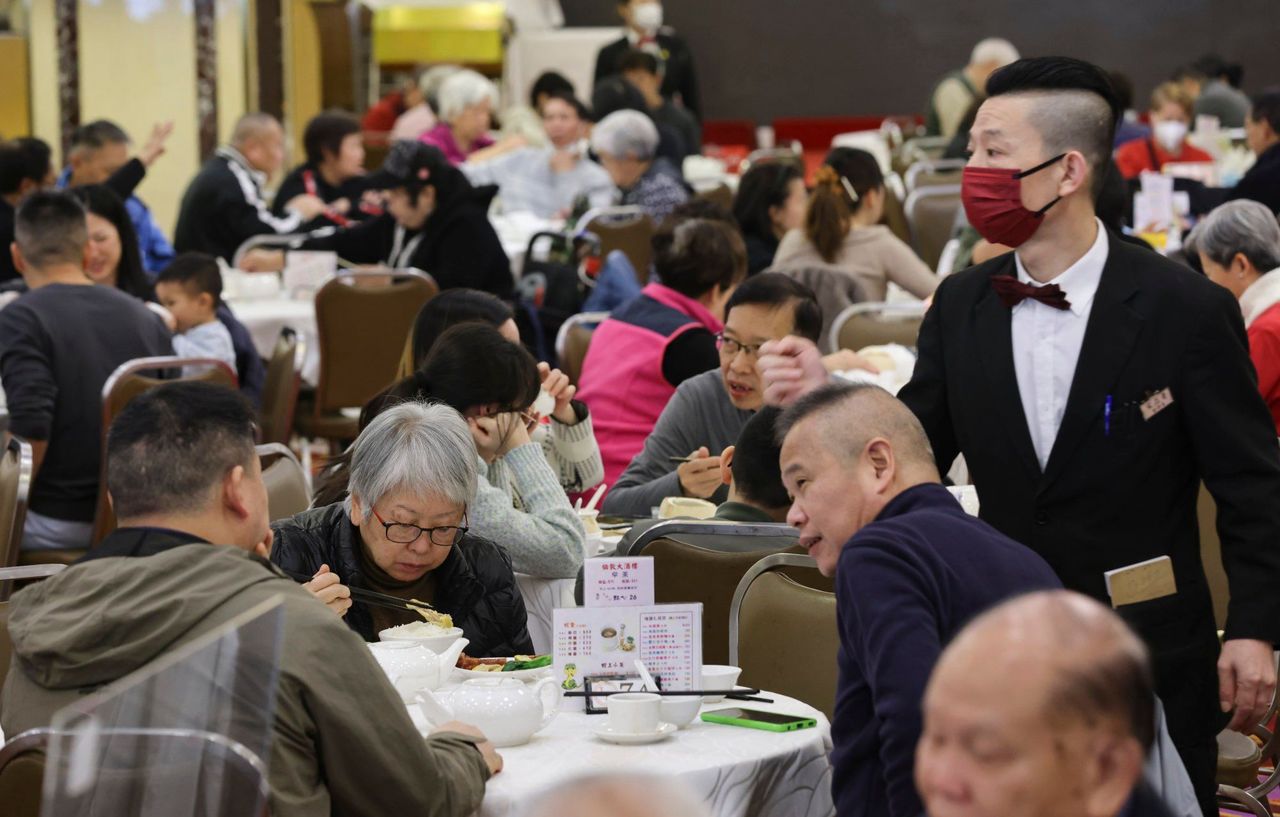Hong Kong News

Will reopening border with mainland China help Hong Kong’s economy bounce back?
For Hong Kong, 2022 will go down as a year of economic devastation marked by a raging fifth wave of Covid-19 infections, stifling pandemic curbs, business closures, recession and falling home and stock prices.
But with the government last month ending almost all pandemic measures and preparing to reopen the city’s border with mainland China, economists are optimistic that 2023 will be a year of recovery with gross domestic product (GDP) growth of between 2 and 5 per cent.
Challenges remained, they warned, citing the impact of global recession, the continued brain drain from the city, the exodus of firms and growing geopolitical tensions, especially between the United States and China.
One economist called for the conclusion of prosecutions related to the 2019 anti-government unrest to let Hongkongers move on. About 6,000 protesters who were arrested remain in limbo as the authorities have not yet decided if they should be charged.
Hong Kong rang in 2022 with a sharp spike in Covid-19 infections that marked the fifth wave of the pandemic, which saw more than 50,000 recorded daily infections at its peak.
Then came bankruptcies, business closures and job losses. The city became something of a ghost town as 16 types of business premises were ordered to close temporarily under harsh social-distancing measures.
“No doubt the fifth wave was most miserable for Hongkongers, with businesses shutting down and people losing their jobs and feeling hopeless,” said Iris Pang, chief economist for Greater China at financial services firm ING.
Vera Yuen Wing-han, an economics lecturer at the University of Hong Kong (HKU) business school, predicted the economy would shrink by 3 per cent in 2022.
Senior economist Gary Ng Cheuk-yan from Natixis Corporate and Investment Bank said talent and investors had stayed away too, put off by stringent pandemic restrictions which “severely undermined Hong Kong’s competitiveness”.
The city will be among the region’s worst performers, overtaken by others that opened up earlier. Singapore, whose economy grew 4.4 per cent in the third quarter compared with the same period last year, upgraded its GDP forecast for the year to 3 to 4 per cent growth.
 Many businesses shut down as pandemic controls gripped the city.
Many businesses shut down as pandemic controls gripped the city.
GDP fell by 4.5 per cent in the third quarter from a year earlier, following a 1.3 per cent decline in the preceding quarter, while real GDP for January to September dropped by 3.3 per cent compared with the same period the previous year.
The city was also hit by global recession and incessant lockdowns in different parts of mainland China, which dealt a blow to production and Hong Kong exports.
Total exports fell by 15.6 per cent year-on-year in real terms in the third quarter.
The Hang Seng Index plunged by more than a fifth from end of June to end of September.
The United States Federal Reserve’s four successive 75-basis point hikes last year also caused Hong Kong property prices to slide. In December, five of the city’s largest banks raised annual prime rates to a 15-year high of between 5.625 per cent and 5.875 per cent.
Hong Kong home values dropped by more than 15 per cent in 2022, with the full-year sales volume expected to sink to the lowest level since 2013.
Financial Secretary Paul Chan Mo-po recently projected a budget deficit exceeding HK$100 billion for the present financial year, almost twice his estimate in February. The government’s financial reserves could also fall to about HK$800 billion, equivalent to 11 months of government spending.
Economists interviewed by the Post pinned their hopes for a turnaround on Hong Kong’s imminent reopening of its border with the mainland, and the subsequent influx of visitors and investors.
 Economists are optimistic about sectors like retail finding their feet
with the reopening of the border with mainland China in January.
Economists are optimistic about sectors like retail finding their feet
with the reopening of the border with mainland China in January.
Pang forecast an optimistic 4 to 5 per cent growth this year, saying a steady stream of mainland visitors promised robust growth in the second half of 2023 for tourism-related sectors such as retail, aviation and hotels.
“Those who can come to Hong Kong are usually well-off,” she said. “They may also seize the opportunity to snap up flats for investment. There’s a chance that property prices may go up.”
But she cautioned that global recession threatened to dampen investment and exports.
Simon Lee Siu-po, an economist and honorary fellow at Chinese University’s Asia-Pacific Institute of Business, expected growth of 2 to 3 per cent this year, with more jobs that would bring the unemployment rate below 3 per cent.
The jobless rate eased with the loosening of pandemic restrictions, reaching 3.7 per cent over September to November. Total employment grew by about 8,400 to 3,657,000 for the latest three-month stretch.
But Lee highlighted undercurrents that could affect Hong Kong’s pace of recovery.
“For example, Japan has started to restrict the flow of mainland Chinese tourists,” he said. “Other investors may take a wait-and-see attitude before putting their money in Hong Kong.”
Hong Kong lost 140,000 of its workforce since Beijing introduced the national security law in 2020, and Western countries such as Britain, Canada and Australia responded by rolling out easier migration pathways for Hongkongers.
As harsh pandemic restrictions continued, some expatriates and companies also quit the city.
Lee said Hong Kong would continue facing the challenges of the brain drain and exodus of firms, and the government had to act to attract talent and investors.
One way might be to deal with the loose ends of the 2019 social unrest and help restore public confidence in the city, he said.
“The government should put an end to this saga as some 6,000 cases have still not been concluded. Officials should indicate to people that Hong Kong is ready to move on.”
 Scrapped dining restrictions bring back the buzz to banquets.
Scrapped dining restrictions bring back the buzz to banquets.
HKU’s Yuen expected growth of up to 4 per cent, saying Hong Kong’s economy would get a strong boost once mainland China achieved herd immunity to Covid-19 and more mainlanders came for work, investment or business.
“Whether Hong Kong can attract investors depends greatly on mainland China’s policies such as whether it will allow more private enterprises to have free rein to conduct business in the mainland,” she said.
But Hong Kong had to beware of potential sanctions by the US in the wake of worsening US-China geopolitical tensions.
“Hong Kong may be targeted by the US in the cross hairs of US-China wrangling. This may affect the city’s exports,” she said.
Natixis’ Gary Ng predicted growth of 3.5 per cent this year, but warned the continued increase in interest rates would put pressure on homeowners and weaken their spending power.
“Hong Kong also needs to enhance its competitiveness to attract more talent and companies,” he said. “The government should roll out concrete measures to promote Hong Kong as a city full of opportunities.”











